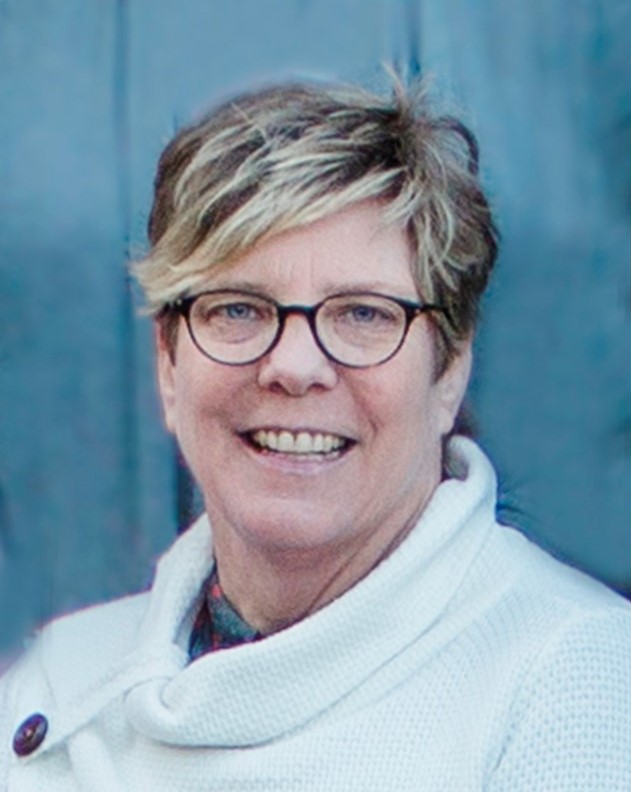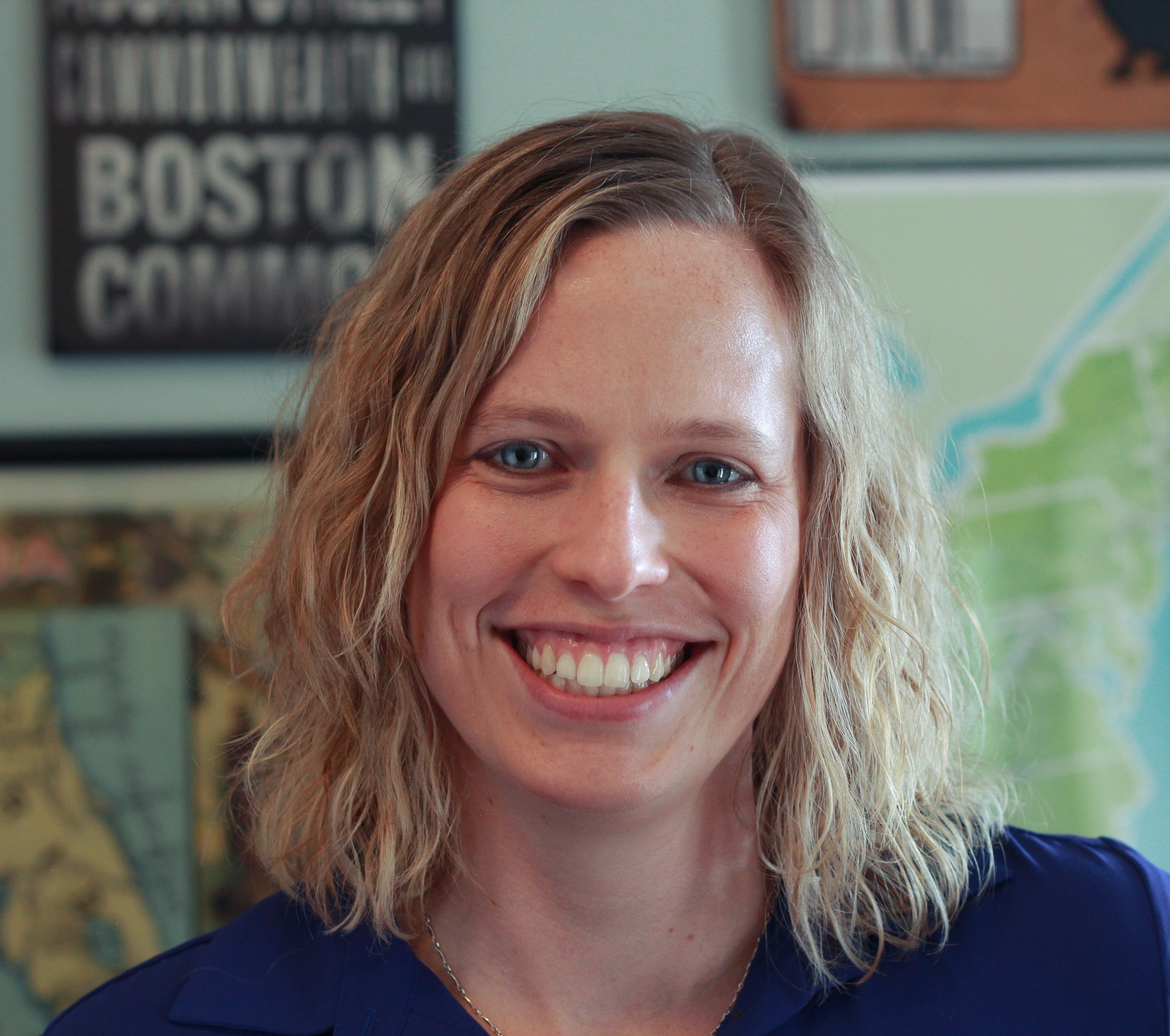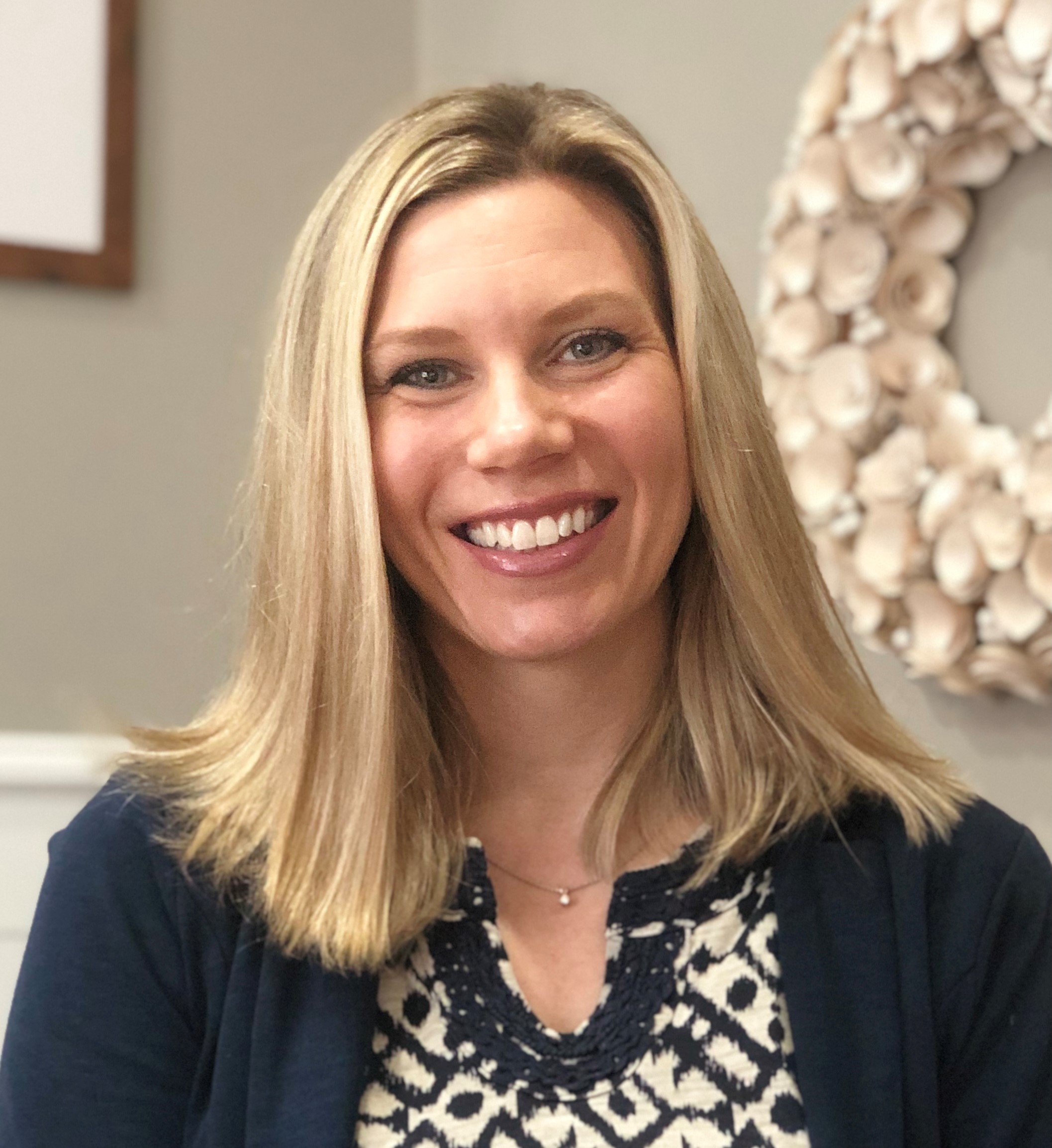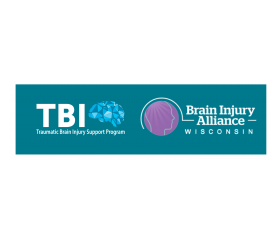
2021 WI Brain Injury Conference
Join us VIRTUALLY for the Wisconsin Brain Injury Conference
This year, the Brain Injury Alliance of Wisconsin, SOAR Fox Cities, and the UW–Madison Interprofessional Continuing Education Partnership have joined to plan the Annual Wisconsin Conference on Brain Injury. The conference will be virtual. Karl Curtis, BA, Executive Director Emeritus with the Brain Injury Alliance of Wisconsin and Julie Biesterveld, BA, CBIS, Traumatic Brain Injury Support Program Coordinator with SOAR Fox Cities will be your hosts and guide learners through the conference day. | Julie Biesterveld, BA, CBIS, |
PRACTICE GAPS AND NEEDS
Millions of Americans experience a brain injury each year. Research continually generates new insights and treatment options, creating a practice gap among healthcare professionals and a need for caregivers, family members and survivors.
ELEMENTS OF COMPETENCE
This activity has been designed to change learner competence and focuses on the American Board of Medical Specialties' areas of medical knowledge and systems-based practice, the Institute of Medicine areas of providing patient-centered care and employing evidence-based practice and the Interprofessional and Nursing areas of roles/responsibilities, interprofessional communication and teams and teamwork.
AUDIENCE
This conference is intended for physicians, advance practice nurses, nurses, physician assistants, psychologists, social workers, researchers, brain injury survivors, caregivers, family members, and others with interest in traumatic brain injury.
Learning Objectives
By the end of the conference, professionals as members of the healthcare team, brain injury survivors, caregivers, family members, and others with interest in traumatic brain injury will be able to:
- Explain interprofessional treatment options that are available to people affected by brain injury, how to access them, and how to make the best use of them
- Apply best practices for brain injury treatment as members of the healthcare team
- Describe lifelong challenges that affect a person with a brain injury
- Discuss the roles and responsibilities of interprofessional healthcare team members who care for people affected by brain injury
- Describe the pathophysiology of brain injury and relate this to diagnostic and treatment decisions
- Explain how social determinants of health impact specific populations, and how advocacy can improve successful outcomes in said populations
Funding for the TBI Support Program of SOAR Fox Cities is provided by a grant from the Basic Needs Giving Partnership Fund
within the Community Foundation for the Fox Valley Region supported by the
U.S. Venture Fund for Basic Needs, the J.J. Keller Foundation and other community partners.
- The University of Wisconsin–Madison Interprofessional Continuing Education Partnership (ICEP),
The Brain Injury Alliance of Wisconsin, and SOAR Fox Cities gratefully acknowledges the financial support
from the Neuroscience Group and Ascension-Mercy Hospital.
- The University of Wisconsin–Madison Interprofessional Continuing Education Partnership (ICEP),
Agenda
Tuesday, May 25, 2021
8:00 AM-6:00 PM (All times are in CST)
Interactive programming will include select sessions with opportunities to ask our presenters questions, and a virtual "happy hour" to develop strategic networks and support ongoing learning after the conference.
Individual sessions will recorded ahead of the conference. Learners will have access to supplemental material and will be able to view select session recordings for 45 days following the conference. The entire conference will not be recorded.
Time (in CST) | Session | Learning Objectives | |||||
| 8:00-8:15 AM | WELCOME***No continuing education credit is being provided for the Welcome Session | ||||||
Host | Host | ||||||
KEYNOTE | |||||||
| 8:15-9:30 AM | |||||||
"Mild” Traumatic Brain Injury: Immediate and Long-term Effects A Personal Story | Learning Objectives
| ||||||
9:30-9:45 AM | BREAK | ||||||
9:45-11:00 AM | CONCURRENT SESSIONS | ||||||
Brain Injury Basics and the Age of Telehealth Appointments | Learning Objectives
| ||||||
Brain Injury and the Inextricable Link with the Criminal and Juvenile Justice System | Learning Objectives
| ||||||
| 11:00-11:15 AM | BREAK | ||||||
11:15 AM-12:15 PM | CONCURRENT SESSIONS | ||||||
Caregiver Guilt | Learning Objectives
| ||||||
Online Educational and Training Resources for the Healthcare Team Serving Adults with Brain Injury | Learning Objectives
| ||||||
| 12:15-12:30 PM | INTERACTIVE BREAK Mindful Moment with LoveYourBrain
***No continuing education credit is being provided for Breaks | ||||||
12:30-1:45 PM | CONCURRENT SESSIONS | ||||||
Concussions in Youth: A Rehabilitation Approach to Return to Learn and Play | Learning Objectives
| ||||||
Addressing Traumatic Brain Injury in Underserved Populations | Learning Objectives
| ||||||
| 1:45-2:00 PM | BREAK | ||||||
2:00-3:15 PM | CONCURRENT SESSIONS | ||||||
Resource Facilitation Outcomes for Acute and Chronic Traumatic Brain Injury | Learning Objectives
| ||||||
Occupational Therapy and Cognitive Rehabilitation: Practical Tools for Living Better with Brain Injury | Learning Objectives
| ||||||
| 3:15-3:30 PM | BREAK | ||||||
3:30-4:45 PM | Brain Injury: My Journey from Amateur to Professional | Learning Objectives
| |||||
| 4:45-5:00 PM | CLOSING REMARKS & THANK YOU***No continuing education credit is being provided for the Welcome Session | ||||||
Host | Host | ||||||
| 5:00-6:00 PM | Virtual "Happy Hour" and Networking ***No continuing education credit is being provided for the Virtual "Happy Hour" and Networking session | ||||||
PROGRAM CHANGES
Emergency situations occasionally occur and may necessitate topic or speaker changes. The Brain Injury Alliance of Wisconsin, SOAR Fox Cities, Inc., and the University of Wisconsin–Madison ICEP reserve the right to alter or substitute a topic or speaker without prior notification.
REQUIRED HARDWARE/SOFTWARE
Free, current version of Chrome, Firefox, Safari, or Microsoft Edge with audio and video capabilities. Some older browsers and Microsoft Explorer could produce error messages or not display the content correctly.
KEYNOTE
 | Thomas Tatlock, MD Dr. Tatlock was a psychiatrist in private practice in Appleton, Wisconsin from 1978 until he sustained a “mild” traumatic brain injury on May 19, 1999. He had earned his medical degree from the University of Kansas Medical School in Kansas City Kansas, where he had also completed a straight medicine internship. He did a residency in psychiatry at the University of Wisconsin School of Hospital (now called: School of Medicine and Public Health). In 2007 he earned a Graduate Certificate in Special Education and Brain Injury from the George Washington University in Washington, DC. Dr. Tatlock has been member of the Brain Injury Association of Wisconsin (now BIA-Alliance). In 2008 he received the Education and Community Service Award. Since 2005 he has served on (or been a member of) the Mayo Clinic Traumatic Brain Injury Model Systems Regional Advisory Council. He has been a member of the Brain Injury Recognition Accommodation Initiative Network[1]Fox Valley (BRAIN-Fox Valley) since 2015. When, at the request of the National Health Care for the Homeless, Carolyn Lemsky PhD wrote the book, "Adapting Your Practice Recommendations for the Care of Patients Who Are Homeless or Unstably Housed Living with the Effects of Traumatic Brain Injury,” Dr. Tatlock was a member of the Advisory Committee on Adapting Clinical practice for the Care of Homeless Patients with Traumatic Brain Injury. |
HOSTS
 | Julie Biesterveld, CBIS Julie Biesterveld has been working in the field of brain injury since 2019, after a generous grant funded the creation of a TBI Support Program at SOAR Fox Cities, Inc in Appleton, Wisconsin. Her role as Program Coordinator is to create, implement and facilitate Community Education presentations to raise awareness of TBI and its prevalence and potential long-term effects. She also facilitates local brain injury support groups and has taken on the role of Interim Resource Navigator. She hopes her work is building the foundation for a strong, sustainable program which will be utilized by many in the years to come. In her personal life, Julie is a busy mom of two young children. She enjoys spending time with her family, being outdoors, painting, and practicing yoga. |
 | Karl Curtis, BA Karl Curtis has been the executive director of the Brain Injury Alliance of Wisconsin since 2015. During that time he has presented on brain injury subjects before large and small groups throughout the state of Wisconsin, including twice before at the annual conference on brain injury. He is also the father of a brain injury survivor. |
SPEAKERS
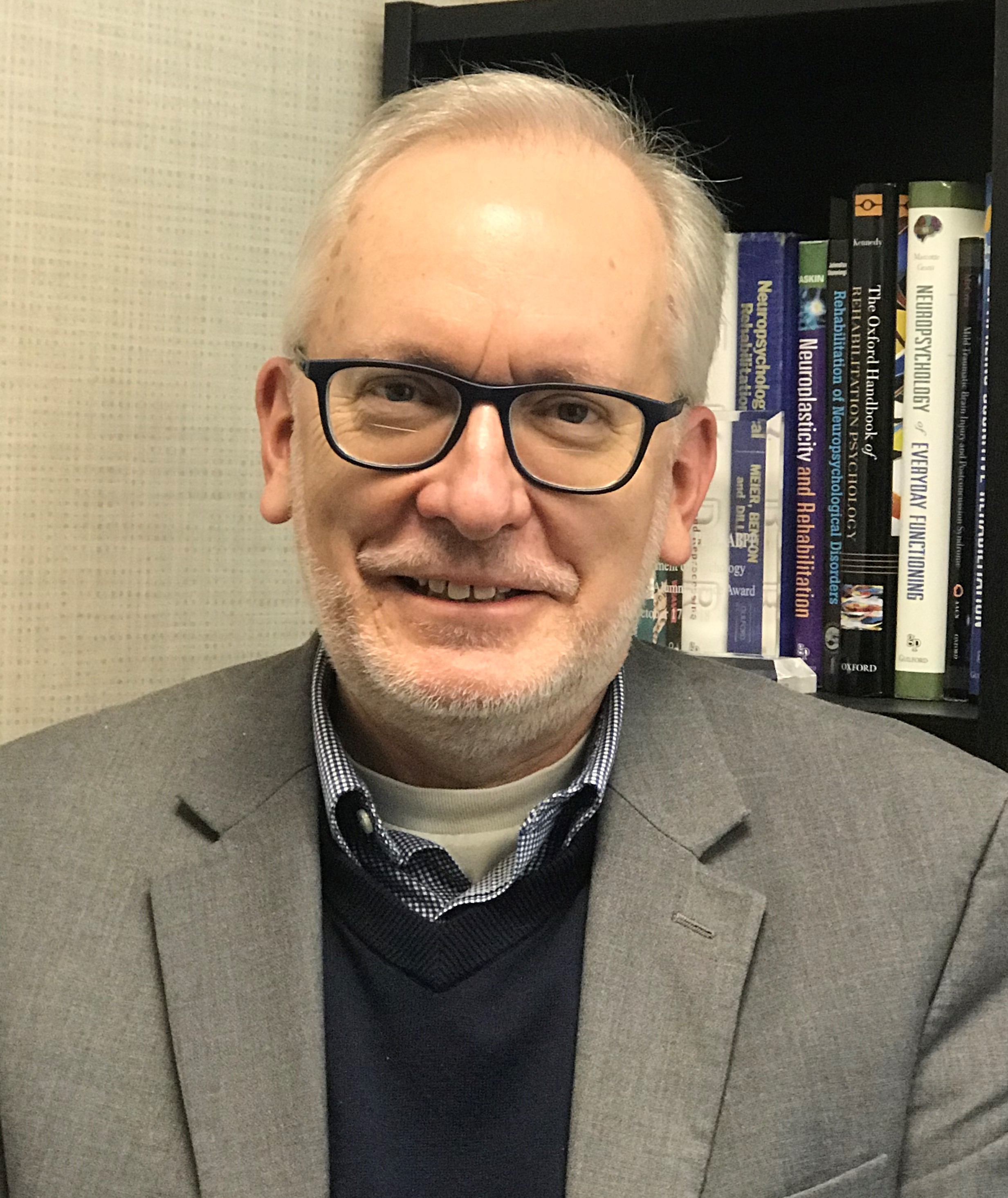 | Thomas Bergquist, PhD, LP, ABPP, FACRM Thomas F. Bergquist is Associate Professor of Psychology in the Mayo Clinic College of Medicine and Co-investigator of the NIDILRR-funded Mayo TBI Model System Center. He is board certified in Clinical Neuropsychology. He is a fellow in the American Congress of Rehabilitation Medicine (ACRM), member of the ACRM Board of Governors and chair of the Brain Injury - Interdisciplinary Special Interest Group within ACRM. Dr. Bergquist received his doctoral degree in Clinical and Medical Psychology from the University of Alabama at Birmingham. He did his internship in Clinical Psychology at the Oklahoma University Health Sciences Center and completed a two-year fellowship in Clinical Neuropsychology at Mayo Clinic. He has given numerous regional, national, and international presentations in the areas of brain injury rehabilitation and disability and has authored or co-authored over 35 journal publications in rehabilitation and medical journals and a dozen book chapters. His principal research interests include rehabilitation following brain injury and coping with disability. He is a member of the board of directors of the Minnesota Brain Injury Alliance. He serves as a clinical supervisor at Compassion Counseling Center which provides mental health services to persons in the Rochester, MN area free of charge. He and his wife, Kathy, have four children. |
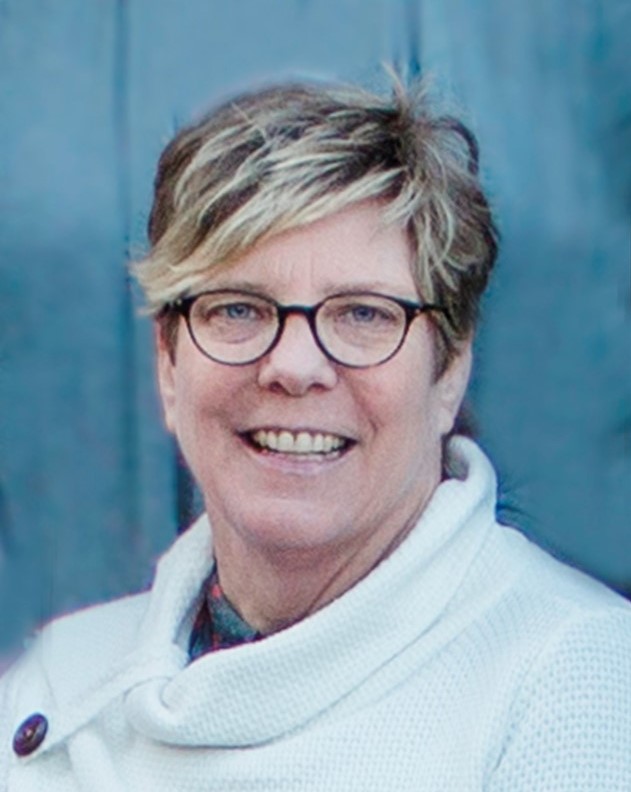 | Judy Dettmer, BSW Judy Dettmer has been working in the field of brain injury for 30 years. Ms. Dettmer is currently the Director for Strategic Partnerships and a Technical Assistance Lead for the Traumatic Brain Injury Technical Assistance and Resource Center at the National Association of State Head Injury Administrators. Ms. Dettmer has worked extensively with adults, children and family members of individuals with brain injury. She has provided direct and systems consultation to improve the lives of individuals with brain injury. Judy has also assisted with research efforts related to brain injury and has conducted countless presentations, classes and seminars on brain injury both in the state of Colorado and Nationally. Ms. Dettmer has provided technical assistance to numerous states including but not limited to; screening on brain injury, developing infrastructure within state systems such as departments of education, criminal justice, and in developing and managing advisory boards and councils. Ms. Dettmer is currently a co-facilitator for the National Collaborative on Children’s Brain Injury. |
 | Jan Heinitz, PhD Jan Heinitz recently retired after 34 years at Concordia University as Assistant Director of Graduate Counseling and Associate Professor of Education. She has served on the board of directors for the Brain Injury Alliance of Wisconsin since 2012, and has been a frequent presenter at the annual conference on brain injury. Jan is also the mother of a traumatic brain injury survivor. |
 | Jessica Petersen, OTR/L Jessica Petersen is an Occupational Therapist in the outpatient Brain Rehabilitation Clinic at Mayo Clinic in Rochester, Minnesota. Ms. Petersen received her Occupational Therapy degree at the University of Wisconsin-La Crosse in 2003 and has been a clinician at Mayo Clinic for 16 years. Her professional interests are in acquired brain injury, mild to moderate cognitive impairment, chronic pain rehabilitation and dysphagia. Ms. Petersen specializes in outpatient cognitive rehabilitation and has presented on acquired brain injury topics at local and national levels. |
 | Laurie Powell, PhD, CCC-SLP Laurie Powell works for the Center on Brain Injury Research and Training at the University of Oregon and is Oregon’s TBI Partnership Grant Project Director. She conducts applied research and development projects on behalf of adults with acquired brain injury and their providers. She is also a clinical speech-language pathologist specializing in cognitive rehabilitation for adults. |
Nicole Shafran, MS CCC-SLP Nicole is a Speech-Language Pathologist. She prides herself on building strong relationships with her patients to design individualized treatment programs. Her areas of interest include cognitive rehabilitation for those who have suffered a traumatic brain injury or concussion and rehabilitation for patients post stroke or who have been diagnosed with Parkinson’s disease. | |
Benjamin Siebert, MD, FAAPMR Dr. Siebert has found that investing in his patients is an important part of patient care. While keeping a realistic outlook, he tries to help patients focus on what they can achieve and encourages them to keep an optimistic attitude. He has the unique opportunity to be involved in the lives of his patients at all stages of their conditions, which is a challenging yet rewarding responsibility for him. Dr. Siebert has a special interest in traumatic brain injury, headache, and pain. | |
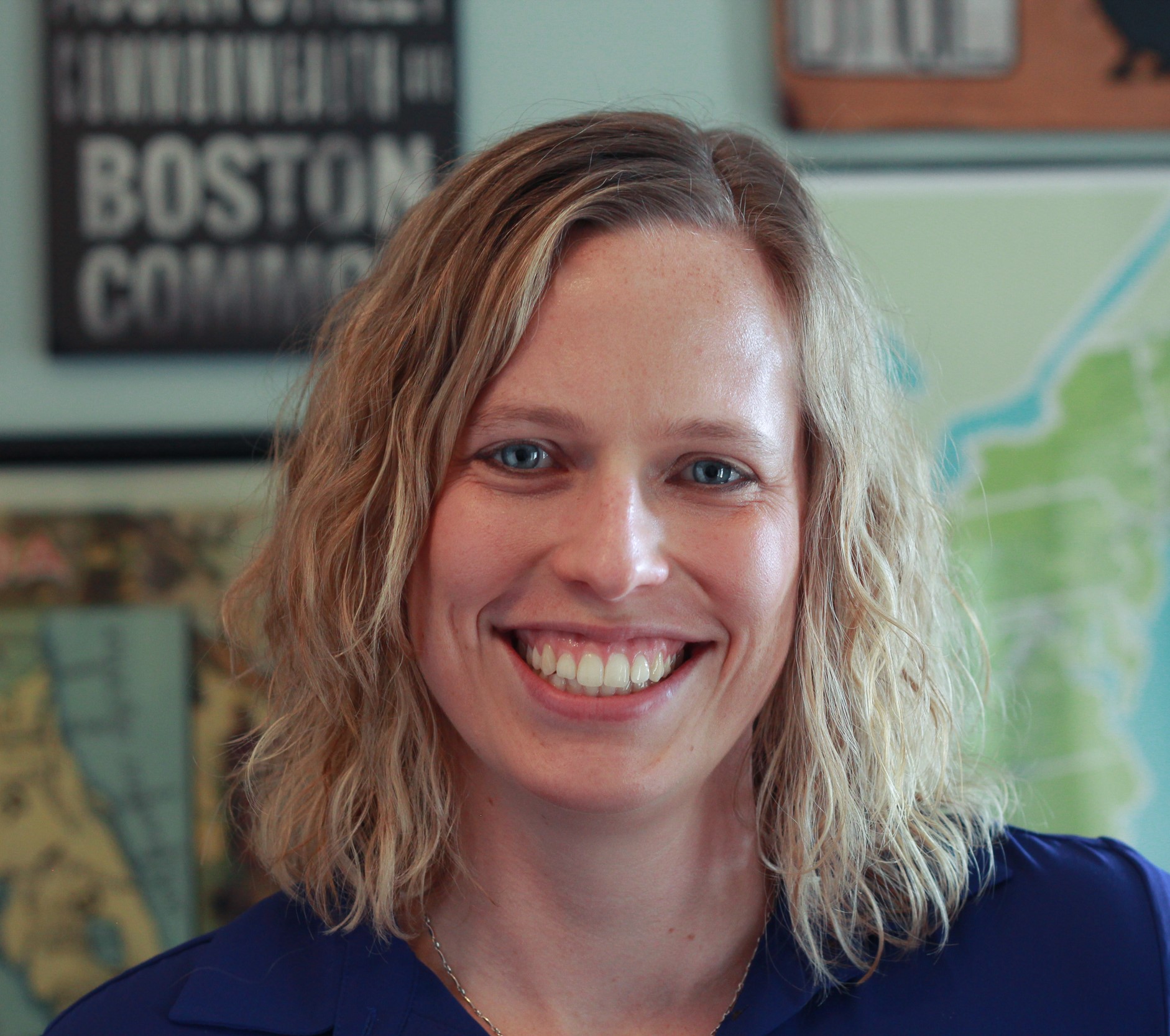 | Caitlin Synovec, OTD, OTR/L Caitlin Synovec is an occupational therapist with clinical experience in working with adults experiencing homelessness to improve quality of life and engagement in their preferred communities. She has completed clinical research to address the intersection of homelessness, poverty, traumatic brain injury, mental health, and chronic conditions, and their impact on health and community living. Caitlin's experience also includes program development for collaborative and interdisciplinary care, as well as clinical education and training for occupational therapy practitioners, health care and direct service providers. Most recently, she has joined the National Health Care for the Homeless Council as the program manager for Medical Respite to support expansion and best practices in medical respite care. |
 | Lance Trexler, PhD, FACRM Lance Trexler is the Executive Director, Brain Injury Rehabilitation Research and Program Development, Rehabilitation Hospital of Indiana, Adjunct Clinical Assistant Professor of PM&R, Indiana University School of Medicine, Adjunct Assistant Professor of Speech and Hearing Sciences at Indiana University, and Adjunct Assistant Professor of Psychological Sciences at Purdue University. Dr. Trexler was designated as a Fellow of the American Congress of Rehabilitation Medicine (ACRM) in 2013, and he received the Distiguished Member award in 2015 and the Lifetime Achievement Award in 2019 from ACRM. In addition to serving as a clinician in rehabilitation neuropsychology since 1979, his over-riding commitment as a neuropsychologist has been to develop, implement and disseminate rehabilitation and social interventions for those with acquired brain injury. Dr. Trexler is an author on over fifty peer reviewed journal articles and book chapters. |
PLANNING COMMITTEE
Karl Curtis, BA, Executive Director Emeritus* | Sasha St. John, Brain Injury Survivor |
Julie Biesterveld, CBIS, Traumatic Brain Injury Support Program Coordinator * | Benjamin Siebert, MD, FAAPMR Neuroscience Group |
Dr. Sarah Porter, PsyD, Madison Neuropsychological Services, LLC Owner | Traci Snedden, PhD, Assistant Professor University of Wisconsin-Madison School of Nursing |
| Kalli Reinheimer, Director, Brain Health Program/Trauma Informed Care Trainer Milwaukee Center for Independence |
POLICY ON DISCLOSURE
It is the policy of the University of Wisconsin–Madison Interprofessional Continuing Education Partnership (ICEP) to identify, mitigate and disclose all relevant financial relationships with ineligible companies* held by the speakers/presenters, authors, planners, and other persons who may influence content of this accredited continuing education (CE). In addition, speakers, presenters and authors must disclose any planned discussion of unlabeled/unapproved uses of drugs or devices during their presentation.
For this accredited continuing education activity all relevant financial relationships have been mitigated and detailed disclosures are listed below.
*Ineligible companies are those whose primary business is producing, marketing, selling, re-selling, or distributing healthcare products used by or on, patients.
The ACCME does not consider providers of clinical services directly to patients to be commercial interests.
The University of Wisconsin provides equal opportunities in employment and programming, including Title IX requirements. The University of Wisconsin fully complies with the legal requirements of the ADA and the rules and regulations thereof. If any participant in this educational activity is in need of accommodations, please contact [email protected].
Accreditation Statement
 | In support of improving patient care, this activity has been planned and implemented by the University of Wisconsin–Madison ICEP, The Brain Injury Alliance of Wisconsin, and SOAR Fox Cities. The University of Wisconsin–Madison ICEP is jointly accredited by the Accreditation Council for Continuing Medical Education (ACCME), the Accreditation Council for Pharmacy Education (ACPE), and the American Nurses Credentialing Center (ANCC), to provide continuing education for the healthcare team. |
Credit Designation Statements
American Medical Association (AMA)
The University of Wisconsin–Madison ICEP designates this live activity for a maximum of 7.25 AMA PRA Category 1 Credit™. Physicians should claim only the credit commensurate with the extent of their participation in the activity.
American Nurses Credentialing Center (ANCC)
The University of Wisconsin–Madison ICEP designates this live activity for a maximum of 7.25 ANCC contact hours.
ASWB Approved Continuing Education (ACE) – Social Work Credit
As a Jointly Accredited Organization, the University of Wisconsin – Madison ICEP is approved to offer social work continuing education by the Association of Social Work Boards (ASWB) Approved Continuing Education (ACE) program. Organizations, not individual courses, are approved under this program. State and provincial regulatory boards have the final authority to determine whether an individual course may be accepted for continuing education credit. University of Wisconsin–Madison ICEP maintains responsibility for this course. Social workers completing this course receive 7.25 live continuing education credits.
American Psychological Association (APA)
 | Continuing Education (CE) credits for psychologists are provided through the co-sponsorship of the American Psychological Association (APA) Office of Continuing Education in Psychology (CEP). The APA CEP Office maintains responsibility for the content of the programs. |
Continuing Education Units (CEUs)
The University of Wisconsin–Madison, as a member of the University Continuing Education Association (UCEA), authorizes this live activity for 0.725 continuing education units (CEUs) or 7.25 hours.
Available Credit
- 7.25 AMA PRA Category 1 Credit™
- 7.25 ANCC Contact Hours
- 7.25 APA CE Credits
- 7.25 University of Wisconsin–Madison Continuing Education Hours
- 7.25 Approved for AMA PRA Category 1 Credit™
Check back periodically for an up-to-date list of exhibitors.
Click on the link to enter their virtual "booth."
Exhibitor "drop ins" will be during conference breaks on May 25, 2021.
Conference break times:
Exhibitors |
| LearningRx |
Special Group Rates
Organization Group Rate
Organizations sending 5 or more learners receive a special rate of $125 for each registrant.
Contact Julie Biesterveld, BA, CBIS, Traumatic Brain Injury Support Program Coordinator with SOAR Fox Cities BEFORE registering for more information. ***Rate adjustments will not be made for prior registrations
INTERESTED IN EXHIBITING OR HAVING YOUR ORGANIZATION SPONSOR THIS CONFERENCE?
Julie Biesterveld, BA, CBIS, Traumatic Brain Injury Support Program Coordinator with SOAR Fox Cities
QUESTIONS?
REGISTRATION
[email protected] or call 608-262-7226
CONFERENCE INFORMATION
Julie Biesterveld, BA, CBIS, Traumatic Brain Injury Support Program Coordinator with SOAR Fox Cities
Karl Curtis, BA, Executive Director Emeritus with the Brain Injury Alliance of Wisconsin
TECHNOLOGY
Grace Leonard, EdM, BA, Instructional Designer, University of Wisconsin–Madison School of Nursing
Required Hardware/software
Free, current version of Chrome, Firefox, Safari, or Microsoft Edge with audio and video capabilities. Some older browsers and Microsoft Explorer could produce error messages or not display the content correctly.

 Facebook
Facebook X
X LinkedIn
LinkedIn Forward
Forward



